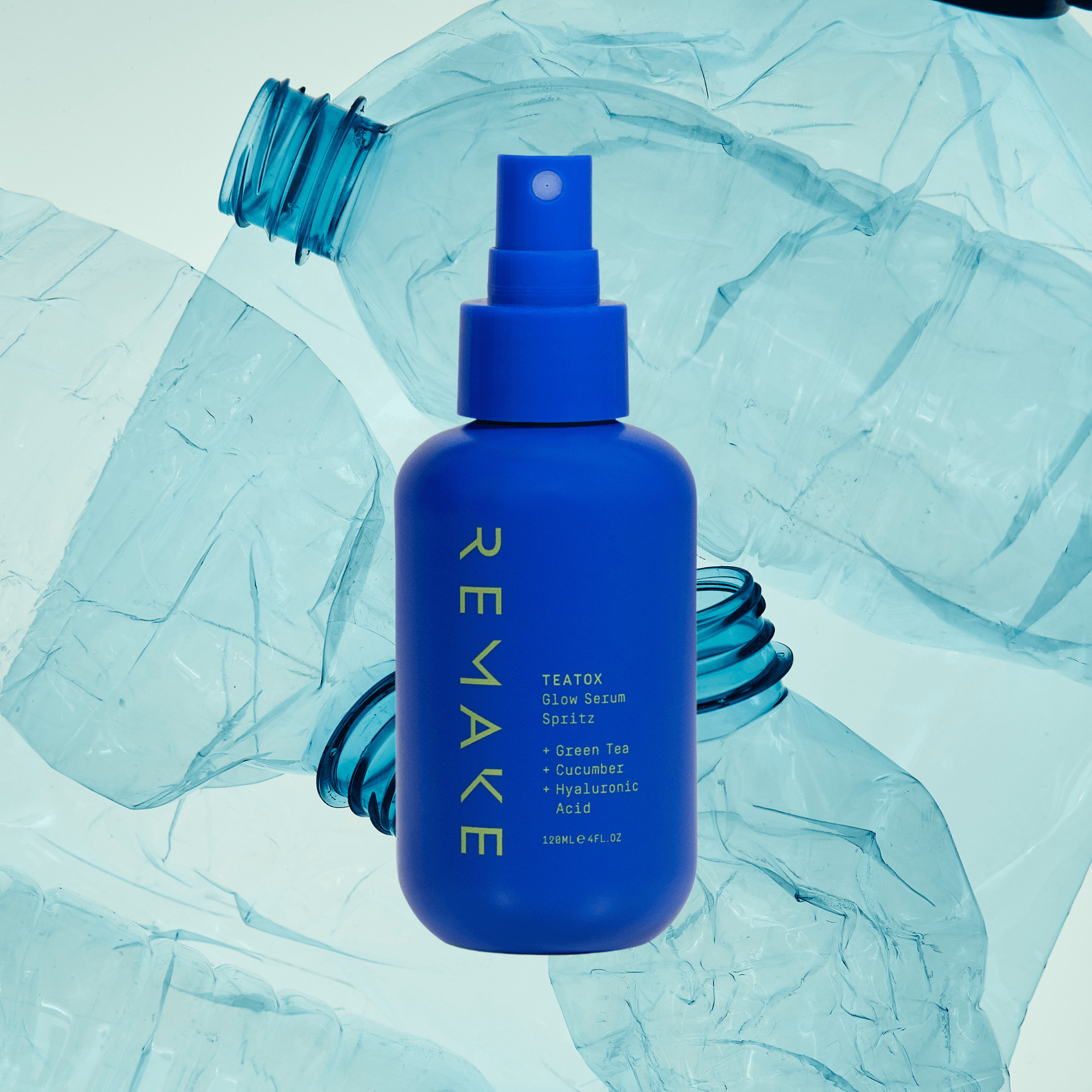Diverting Waste from Landfills:
By using PCR plastic, we're actively diverting plastic waste from landfills and oceans, directly addressing the global issue of plastic pollution.
Supporting Circular Economy:
Choosing PCR contributes to a circular economy, turning post-consumer waste into valuable resources again, thereby reducing the need for virgin plastic production.







